(ev) high voltage training – specialist for high voltage systems vs. electrical specialist for defined tasks
Whether in (ev) high voltage technology or in plant engineering, abbreviations are used a lot. The EiP, the ES, the ESfdt, the FfHV, LLW and so on.
The ESfdt is a particularly exciting abbreviation, the pronunciation of which is already half a tongue twister; the electrical specialist for defined tasks. We recently published an article on the ESfdt(link article “The electrical specialist for defined tasks”). In it, the FfHV was only briefly mentioned, so it was not about high-voltage topics or high-voltage training or high-voltage qualification but about the definition in general electrical engineering.
The FfHV – the specialist for high-voltage systems – is an ESfdt for the high-voltage sector. The FfHV may perform electrical work on high-voltage systems, including HV (ev) disconnection and HV (ev) commissioning, after successfully completing high-voltage training and being appointed by the employer in accordance with work instructions. However, only according to work instructions, i.e. checklist.
Of course, the “specialist for high-voltage systems” could also have been called “electrical specialist for defined tasks – high voltage”. Personally, I am quite happy that they found another abbreviation, “EFKffTHV” sounds a bit exaggerated.
However, the distinction can also lead to confusion.
There is also an ESfdt for different areas, but in the high-voltage area it is the FfHV – every person who has to do with HV vehicles or batteries needs a high-voltage training for the FfHV for certain work.. But FfHV also shows that specialization is becoming increasingly important. In vehicle technology, for example, the passenger car sector is similar to but already different from the VAN sector. When it comes to electromobility for buses and trucks, completely different factors are important. Similarly, it makes a difference whether someone is working on complete high-voltage systems such as finished vehicles or on individual vehicle components – especially in the area of battery production and development. Battery production in particular requires adapted high-voltage training for the respective employees. Depending on the size, it may be worthwhile to set up your own training concept or have it set up so that the high-voltage training is adapted to the requirements and conditions.
Our trainers must know the difference inside out; after all, some are involved in training courses for electrical specialists for defined tasks (ESfdt) as well as in high-voltage training courses for specialists for high-voltage systems (FfHV) on vehicles as well as in battery technology.
Note: The regulation on the specialist for high voltage systems according to DGUV I 200-005, which was valid until 2021, has now been replaced by the specialist high voltage (ev) according to the new DGUV I 209-093, but the old certifications remain valid.
For more on current qualifications, our free(REALLY free, even WITHOUT having to provide an email address!) paper “6 Things You Need to Know About High-Voltage Qualification for Your Employees in Advance” is available here (click) .



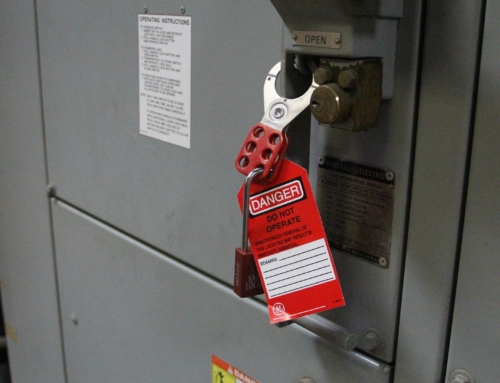

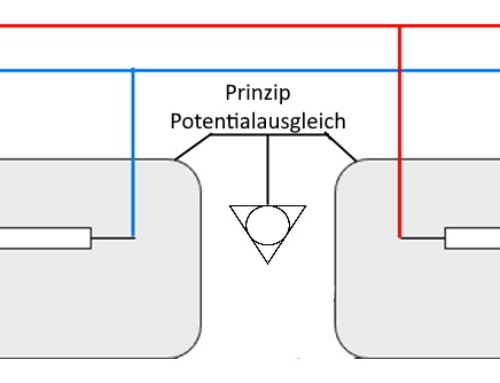
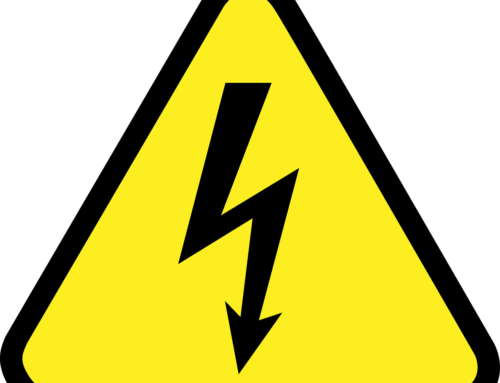
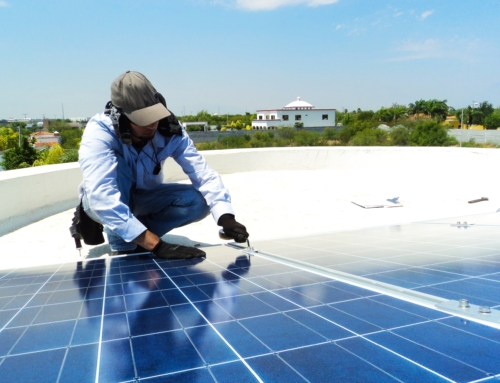
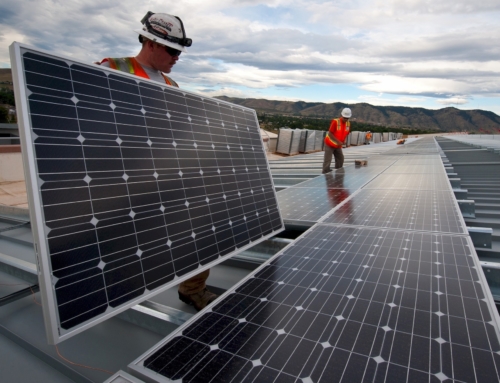

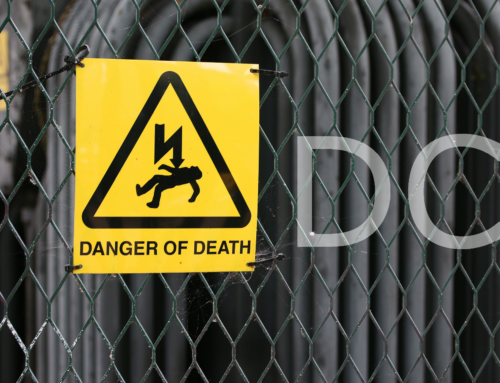
Leave A Comment